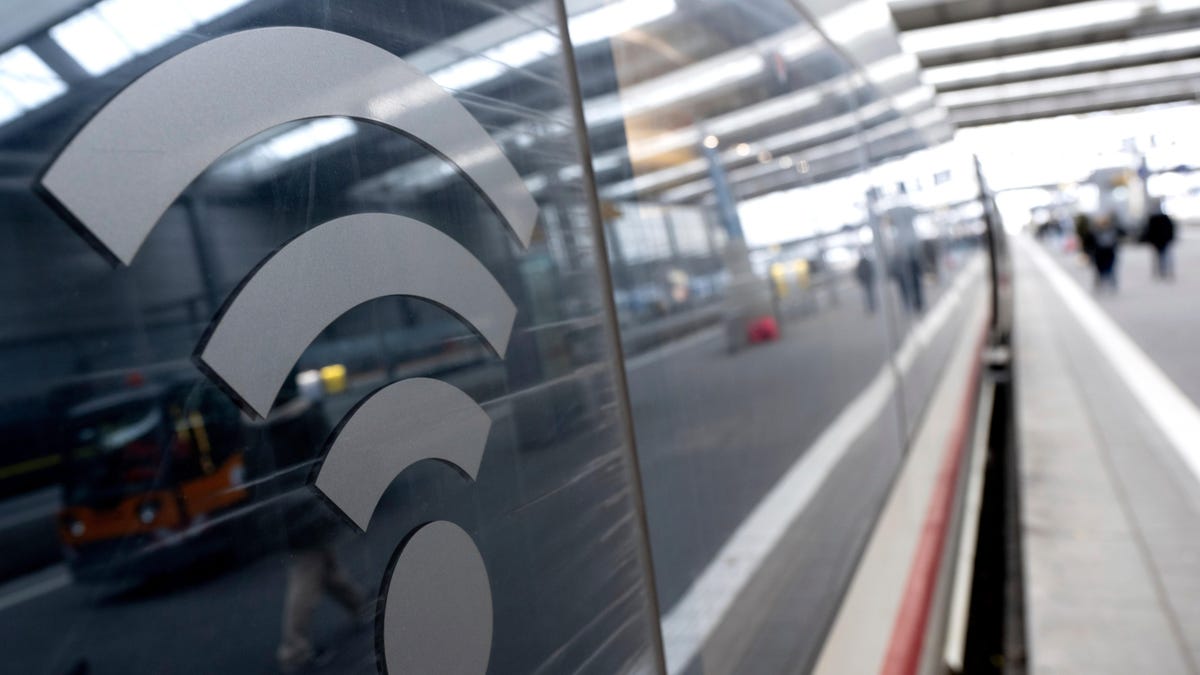The Origins of Wi-Fi
Have you ever pondered on the etymology of the term Wi-Fi? The common assumption among most individuals would lead them to believe that it is a condensed version of a complex technical description for the technology that facilitated wireless internet access. However, this belief is erroneous.
Wi-Fi vs. Wireless Fidelity
Contrary to popular belief, the term Wi-Fi does not stand for wireless fidelity, as many people presume it to. In actuality, Wi-Fi is a clever play on words with Hi-Fi, a term coined in the 1950s by audio equipment manufacturers as an abbreviation for “high fidelity.” While the concept of high fidelity audio quality is well-established, the idea of wireless fidelity is entirely fabricated, merely a catchy name concocted by marketers.
Debunking Misconceptions
A TikTok account named “That’s Pretty Cool,” known for sharing intriguing facts, recently released a video elucidating the true origins of Wi-Fi. The ensuing discussions on the platform revealed that many viewers were surprised by this revelation. Some commentators even admitted to disliking the term when it first emerged, evoking memories of the backlash against the introduction of “podcast” in the 2000s and “iPad” in the 2010s.
The misconception that Wi-Fi stands for “wireless fidelity” has circulated online since at least 2005, but was debunked by Cory Doctorow of Boing Boing. Interbrand, a branding agency responsible for creating names like Prozac and Compaq, elucidates that the technical term for Wi-Fi is IEEE 802.11, deemed inadequate for mass appeal. Thus, the need for a more consumer-friendly moniker arose.
The Birth of Wi-Fi
Interbrand explains that the name had to be memorable, universally recognizable, and intuitively comprehensible. Drawing inspiration from the familiarity of Hi-Fi in the late 1990s, they coined the term Wi-Fi to convey the concept of wireless internet access effortlessly. Despite lacking inherent meaning, Wi-Fi rapidly gained traction and became synonymous with wireless connectivity globally.
The success of the Wi-Fi branding lies in its ability to communicate the revolutionary idea of wireless internet access sans cables, a groundbreaking concept for consumers of the burgeoning digital age in the 1990s. Since its inception, Wi-Fi has seamlessly integrated into languages worldwide, becoming the go-to term for wireless internet access in various settings.
From homes to offices, coffee shops to public transit, Wi-Fi encapsulates the promise of high-quality, seamless connectivity without the constraints of physical cables. In essence, Wi-Fi has transcended its origins as a marketing ploy to become an indispensable part of our everyday lexicon, symbolizing the ubiquitous nature of wireless accessibility in the digital era.
Image/Photo credit: source url





